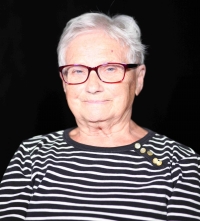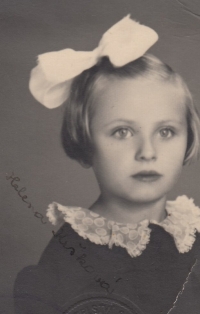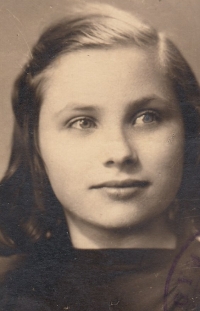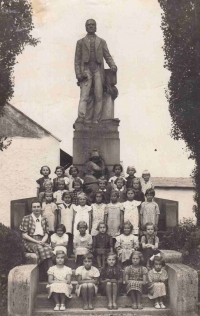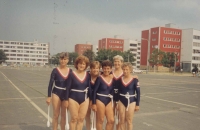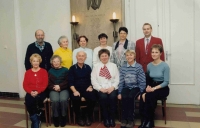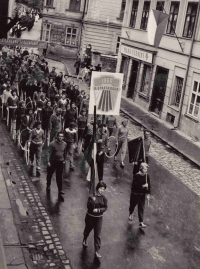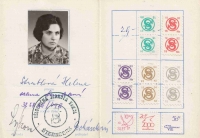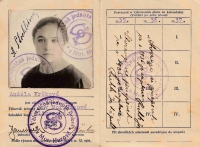Mom used to say I was a Sokol festival baby
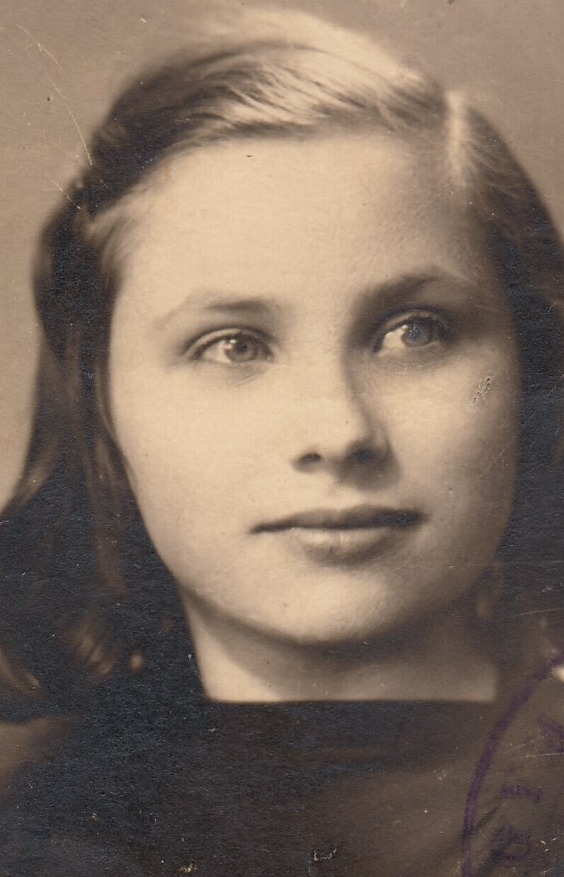
Download image
Helena Strublová, née Kršková, was born on July 26, 1932 in Moravská Huzová, where she spent the first years of her life. Due to her father’s job as a railway worker, they often moved. They experienced the occupation of borderlands in the autumn of 1938 in Dolní Lipová near Jeseník. Then they lived briefly in Holice near Olomouc and spent the end of the war again in Moravská Huzová. Father was involved in handing weapons over to partisans. The Gestapo searched their house several times, and father had to hide for some time. After the war, the family settled in Šternberk and became involved in Sokol life. The witness took part in the 11th Sokol festival in June 1948. In 1951, Helena graduated from secondary school and turned down a medical faculty placement. She decided to take up a teachers training course and started to work at primary school. After finishing a short-term distance study, she graduated from the Faculty of Education of the University of Olomouc in the field of physical education and then she taught at several village schools in the surroundings of Olomouc. She got married in 1956 and asked to be transferred to Šternberk. After the ban of Sokol, she actively participated in activities of the local physical education organization and rehearsed programs for Spartakiads with primary school pupils. She taught until her retirement in 1987, and after 1989 she contributed to the restoration of the Šternberk Sokol, where she is still active today.
